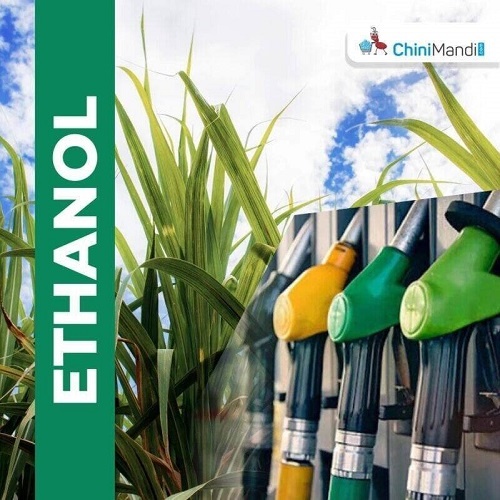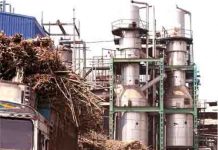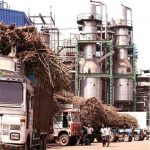Islamabad, Pakistan: In last few years, India has actively promoted ethanol production, yielding substantial benefits for the country. By blending ethanol into petrol, India has saved billions of rupees in foreign exchange. Now, Pakistan is also seems following the India’s footstep with an aim to focus on ethanol production to decrease reliance on imported fuels.
According to the Faraz Khan, energy expert at Islamabad-based Pakistan-German Renewable Energy Forum (PGREF), to ensure continuous supply of affordable energy is a serious issue Pakistan has been facing for decades. Biofuel, as a renewable energy source, can help cut the country’s reliance on imported fuels, consequently enhancing the nation’s energy security.
Faraz highlighted that Pakistan faces potential threats to its energy security due to factors such as currency devaluation, a significant current account deficit, and diminishing foreign exchange reserves. Under these circumstances, the main forms of biofuel production in Pakistan include ethanol, biodiesel, and biogas. Among these, ethanol holds a prominent position due to its substantial production capacity within the country.
Elaborating on the sources of ethanol, he noted, “Ethanol is derived from energy crops, with maize (corn), sugarcane, rice, barley, and sweet sorghum serving as primary feedstocks, along with various other biomass materials such as straw, grass, and wood.” One notable advantage of biofuels, according to Faraz, lies in their potential to assist in meeting carbon-emission targets.
Faraz emphasized that for a country like Pakistan, which faces significant economic risks due to fluctuations in global oil prices, reducing reliance on imported fuels should be a paramount national objective. In conclusion, he stressed that diversifying the energy mix has become an urgent necessity for Pakistan to mitigate the adverse effects of fluctuating global oil prices, with biofuels emerging as a preferred and sustainable option.





![To moderate wheat price in open market, Centre to e-auction under Open Market Sales Scheme (Domestic) [OMSS (D)] 2024](https://www.chinimandi.com/wp-content/uploads/2023/04/Wheat6-218x150.jpeg)


![To moderate wheat price in open market, Centre to e-auction under Open Market Sales Scheme (Domestic) [OMSS (D)] 2024](https://www.chinimandi.com/wp-content/uploads/2023/04/Wheat6-150x150.jpeg)




